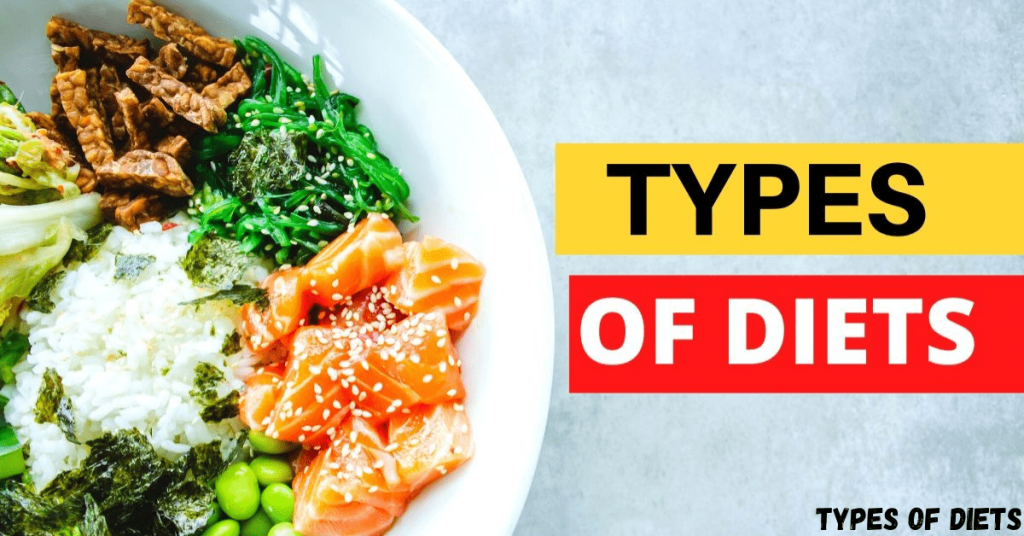In today’s fast-paced world, maintaining good health often takes a back seat to our busy lives. However, it’s essential to prioritize our well-being through healthy eating habits, understanding different types of diets, effective meal planning, considering nutritional supplements, and managing our weight. In this comprehensive guide, we’ll explore these key aspects of a healthy lifestyle, Health and Nutrition.
Healthy Eating Habits:
Healthy eating habits are the cornerstone of a vibrant life. They involve making conscious choices about what we consume, focusing on nutrient-dense foods, and practicing moderation. Here are some key principles of Health and Nutrition:
- Balanced Nutrition: Ensure that your diet includes a variety of food groups, such as fruits, vegetables, whole grains, lean proteins, and healthy fats. This provides essential vitamins, minerals, and macronutrients.
- Portion Control: Be mindful of portion sizes to avoid overeating. Pay attention to hunger and fullness cues, which can help you eat in moderation.
- Hydration: Stay adequately hydrated by drinking plenty of water throughout the day. Proper hydration is crucial for digestion and overall health.
- Limit Processed Foods: Minimize your intake of processed foods, which are often high in added sugars, unhealthy fats, and preservatives.

Types of Diets:
There’s no one-size-fits-all approach to nutrition and Health Guide. Various diets cater to different needs and preferences. Here’s an overview of some popular diets:
- Keto Diet: The ketogenic diet is a low-carbohydrate, high-fat diet that can promote weight loss and improved blood sugar control. It relies on the process of ketosis, where the body burns fat for energy.
- Mediterranean Diet: This diet emphasizes whole foods, especially fruits, vegetables, olive oil, nuts, and fish. It’s known for its heart-protective benefits and is associated with a lower risk of chronic diseases.
- Vegan Diet: A vegan diet excludes all animal products. It’s rich in plant-based foods, which can provide essential nutrients when well-balanced but may require careful planning to ensure adequate protein and certain vitamins.

Meal Planning:
Meal planning is a vital tool for maintaining a healthy diet. It helps you make nutritious choices and saves time. Consider the following tips:
- Plan Ahead: Take time to plan your meals for the week. Create a shopping list based on your planned recipes.
- Prep in Advance: Prepare some components of your meals in advance, such as chopping vegetables or marinating proteins. This can simplify cooking during the week.
- Variety: Include a variety of foods in your meals to ensure you get a wide range of nutrients. Experiment with new recipes to keep things exciting.
- Balance: Aim for balanced meals that include protein, vegetables, and whole grains. This provides sustained energy and helps you feel full.

Nutritional Supplements:
While it’s ideal to obtain nutrients from whole foods, supplements can be valuable in specific situations. Here’s what you need to know:
- Essential Nutrients: Common supplements include vitamins (e.g., vitamin D, vitamin C), minerals (e.g., calcium, iron), and omega-3 fatty acids.
- Consult a Professional: Before starting any supplement regimen, consult with a healthcare provider or a registered dietitian. They can help you determine if supplements are necessary and safe for you.
- Quality Matters: Choose high-quality supplements from reputable brands to ensure safety and effectiveness.

Weight Management:
Maintaining a healthy weight is crucial for overall well-being. Here are some strategies:
- Balanced Diet: Focus on whole, nutrient-dense foods. Avoid crash diets and extreme calorie restrictions.
- Regular Physical Activity: Incorporate regular exercise into your routine. It helps burn calories and supports muscle health.
- Mindful Eating: Pay attention to hunger and fullness cues. Avoid emotional eating and mindless snacking.
- Lifestyle Changes: Consider long-term lifestyle changes rather than quick fixes. Sustainable weight management is about healthy habits.

In conclusion, adopting healthy eating habits, understanding various types of diets, practicing meal planning, considering nutritional supplements, and managing your weight are all vital components of a holistic approach to health and nutrition. Make choices that align with your individual needs and preferences, and prioritize your well-being for a happier, healthier life.




